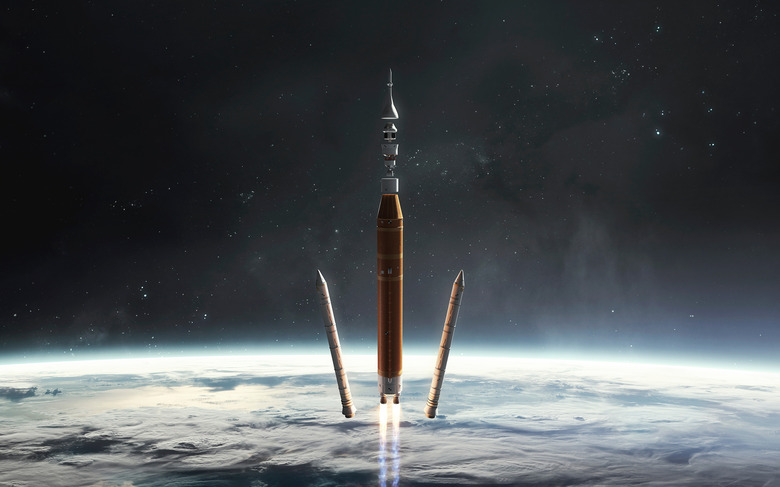NASA Artemis II Mission To Take Astronauts Back To The Moon Delayed To 2025
The original plan to launch NASA's Artemis II mission this year has seen some changes, the agency announced today. Instead of launching in 2024 as NASA had planned, Artemis II won't launch until September 2025 at the earliest, delaying each of the subsequent Artemis missions.
The Artemis II delay is huge news, as Artemis II will see four astronauts travel around the Moon in the Orion spacecraft. Future Artemis missions will rely heavily on the data gathered from Artemis II, which means Artemis III—humanity's return to the lunar surface—will be delayed into 2026.
NASA says that these changes and delays to the upcoming Artemis missions are due to the need to ensure that the missions can be carried out safely for everyone involved in them. These missions will establish the foundation of long-term scientific exploration of the Moon and one day help build human missions to Mars.
As such, getting the Artemis missions right the first time is imperative, and NASA believes that giving the team more time will ensure that everything goes according to plan. This Artemis II delay isn't unexpected, and to be honest, with everything NASA has in the works, I'm surprised we hadn't seen it happen sooner.
"Artemis is a long-term exploration campaign to conduct science at the Moon with astronauts and prepare for future human missions to Mars. That means we must get it right as we develop and fly our foundational systems so that we can safely carry out these missions," Amit Kshatriya, deputy associate administrator of Exploration Systems Development and manager of NASA's Moon to Mars Program Office at headquarters, explained in a statement.
The updated timeline for Artemis III and future missions will also ensure that NASA can incorporate any knowledge gleaned from the Artemis II mission and will also give SpaceX more time to iron out any kinks with its Starship Human Landing System, which is slated to put the astronauts on the lunar surface with Artemis III.
"Crew safety is and will remain our number one priority." Kshatriya later emphasized.
